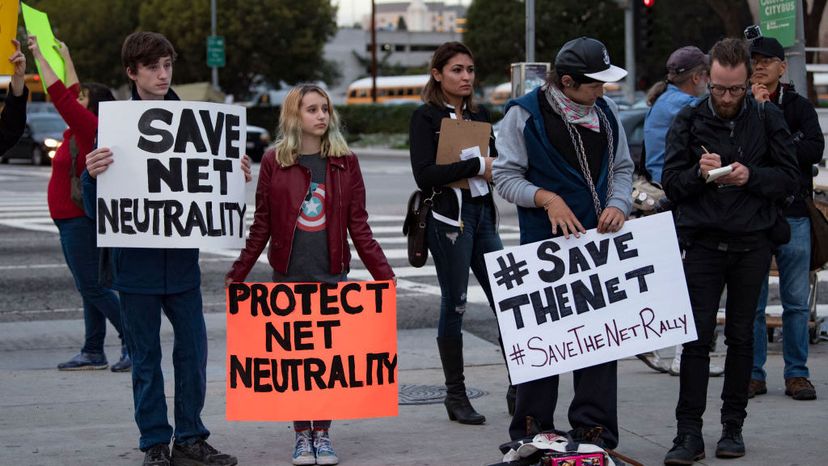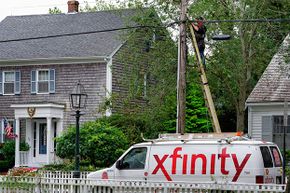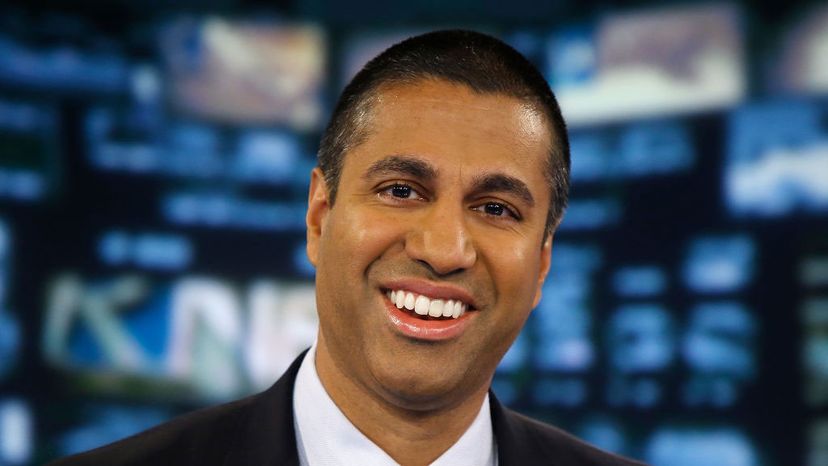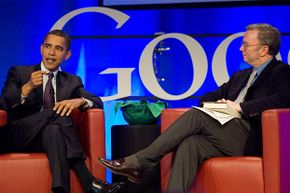
You've probably seen lots of stories about net neutrality lately, and like any reasonable person, you've ignored them completely. That's because "net" and "neutrality," as comedian and TV host John Oliver rightly described them, are two of the most boring words in the English language. Put them together and the combination is more yawn-inducing than two Ambien and a warm mug of milk.
But the annoying truth is that you should care about net neutrality. Net neutrality is the principle that internet service providers (ISPs) should keep their internet speeds the same for all websites — not prioritize big companies (who will pay for this perk) over smaller ones. In 2015, the Obama-era Federal Communications Commission subjected the ISPs to the same heavy regulations as phone companies to enforce thiss. Not surprisingly, the ISPs protested this. And under the Trump administration, the FCC is set to eliminate the net neutrality rules [source: Fung].
Advertisement
Many consumers are not happy about this reversal. Here are some of the freedoms they fear will go away if net neutrality is eliminated:
- Freedom from monopolies
- Freedom to start a business and compete on a level playing field
- Freedom of online speech
- Freedom to visit any website you want at the fastest browsing speed
We've assembled a not-boring-at-all list of the 10 reasons you should care about net neutrality. No coffee needed to read this!









